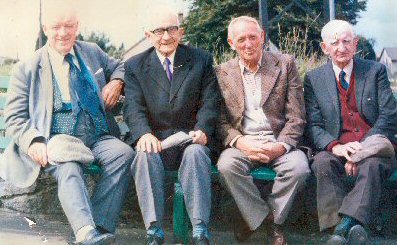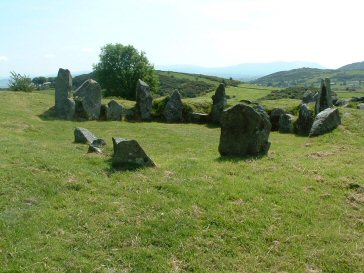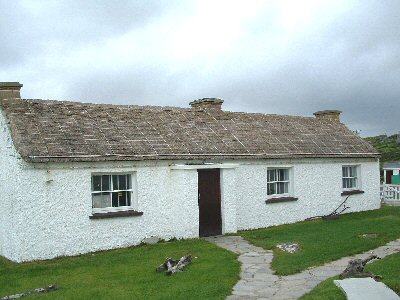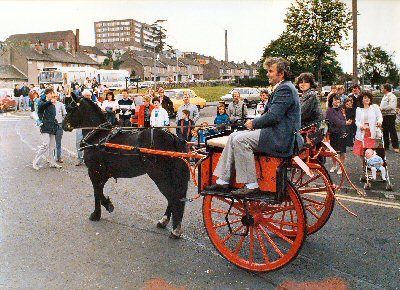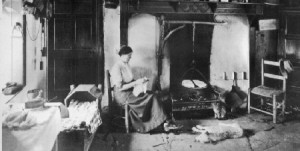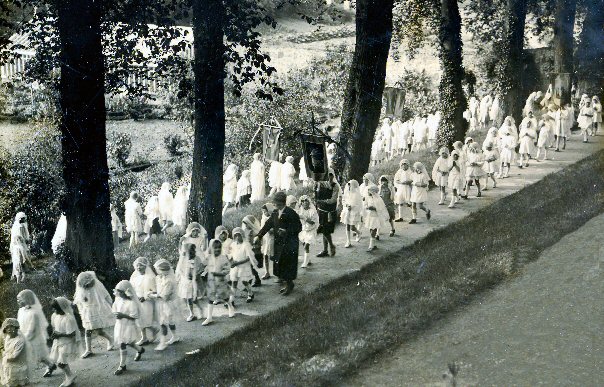Heaven’s right ‘n sweet, I guess
In no rush to get there
Been a sinner, more or less
Maybe won’t fit in there.
Wicked still, gotta confess
Might just pine a bit there!
Heaven’s swell, preacher says
But got so used to earth here
Had such good times all the way
Frolic, fun and mirth here.
Eighty springs ago today
Since I had my birth here.
Quite a spell of happy years
Wish I could begin it
Cloud and sunshine, laughter, tears
Living every minute
Women too, the pretty dears
Plenty of ‘em in it.
Heaven! That’s another tale
Mightn’t let me chew there
Gotta have me pint of ale
Would I like the brew there?
Maybe I’d grow slack and stale
No more chores to do there.
Here I weed the garden plot
Scare the birds from pillage
Simmer in the sun a lot
Talk about the tillage.
Yarns of battles I have fought
Greybeard of the village.
Heaven’s mighty fine, I know
Still, it ain’t so bad here
See them maples all aglow
Starlings seem so glad here.
I’ll be mighty peeved to go
Scrumptious times I’ve had here.
Lord, I know You’ll understand
With Your Light You’ll lead me
Though I’m not the pious brand
I’m here when’er You need me
Gee! I know that heaven’s grand
But darn it! God, don’t speed me.
